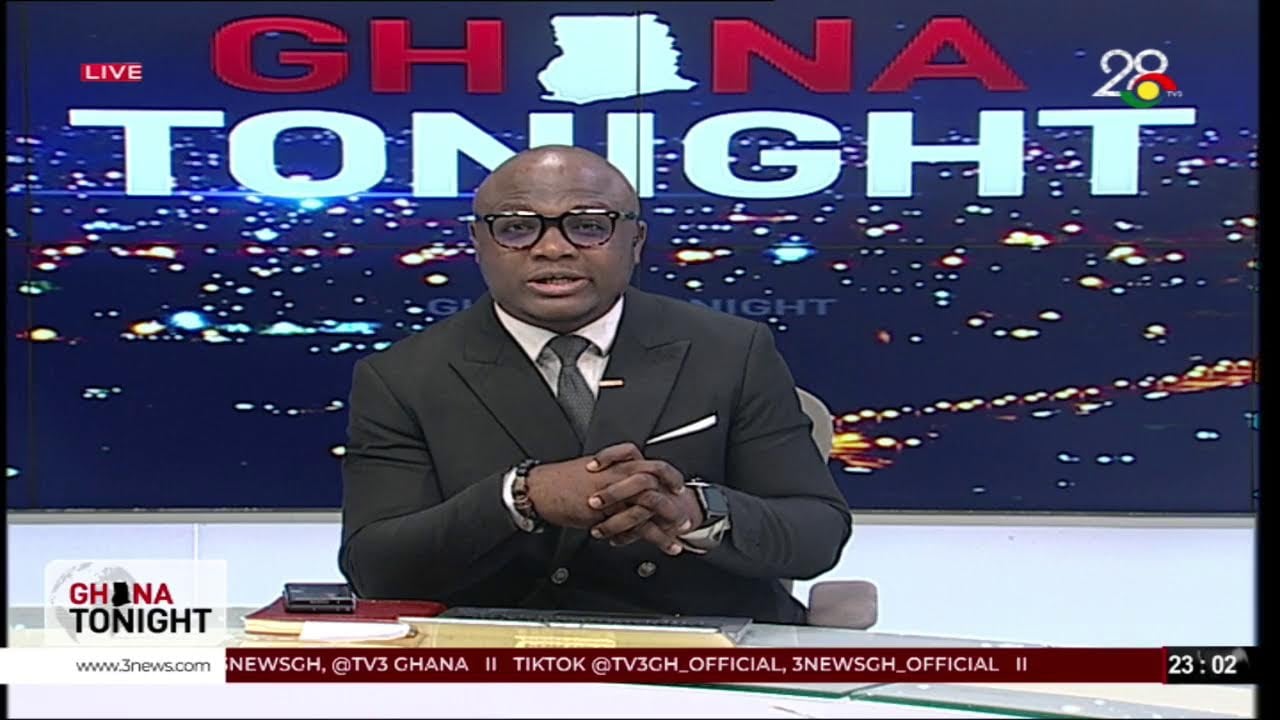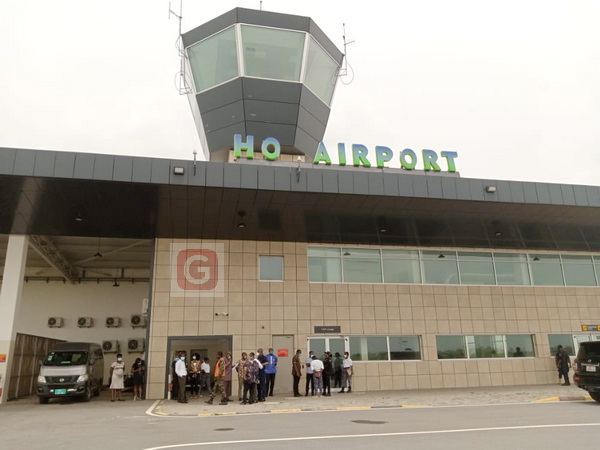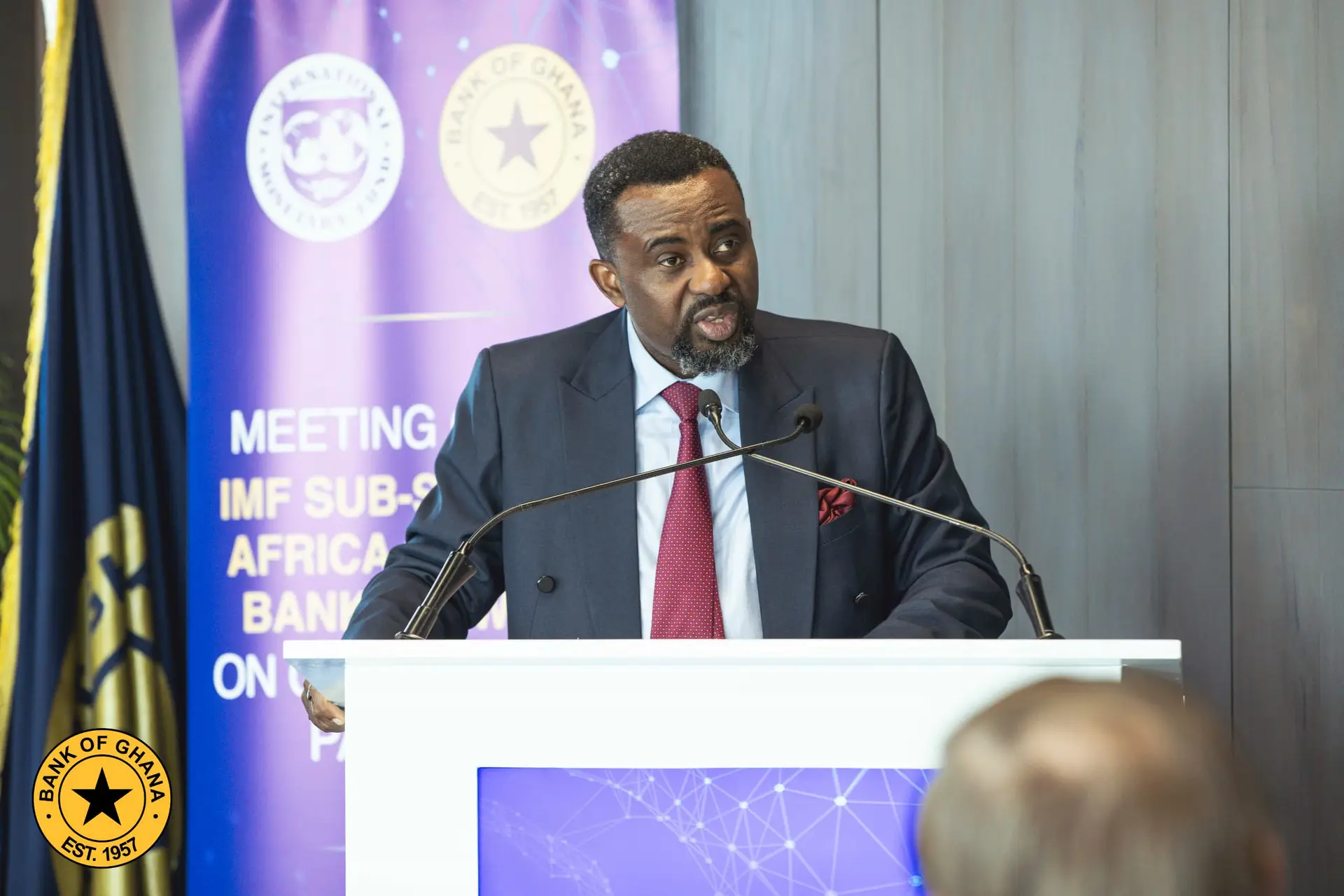
Ghana's media regulator has ordered TV stations to stop airing pornography after public complaints. But Ghanaians are divided on the matter.
The order came after some Ghanaians petitioned the media commission to end the broadcast of pornographic movies, arguing that the movies shown on three free-to-air TV stations offended the constitutional responsibility of the media. Ghana's media regulator, the National Media Commission, found that the broadcasts failed media decency standards.
The stations in question have said they would cease airing pornography. But although they broke media guidelines, the airing of such content isn't necessarily against the law in Ghana.
"They still can go ahead and broadcast, and the media commission cannot close down these stations or take very drastic actions against them," Richard Quarshigah, a member of the media commission, told DW.
One of the channels, Ice TV, has threatened to take the matter to court. The station said it wanted Ghana's courts to give clarification on whether the regulator has the right to stop it from airing pornography.
Meanwhile, Quarshigah said the media commission would look at redrafting its content regulation law to deal with the publication and broadcast of potentially offensive materials.
It's not the first time the issue has come up. In 2015, a group of movie producers in Ghana complained about the lack of legal certainty around explicit content. They said foreign soaps with explicit scenes aired on local TV but local productions weren't able to shoot such scenes because of decency guidelines.
Mixed reactions
On the streets of the capital Accra, people seem divided on the pornography issue.
"Trust me, the same people complaining are the same individuals [who] surf for dirty things on the Internet. So what difference does it make when it is being aired on television at 12 a.m. or 1 a.m.?" one man told DW.
But another resident said minors needed to be protected from seeing sexual content on TV. "I think it is very bad because kids of today do not sleep early," he said, adding that if people wanted to watch pornography, they should go online.
The Ghanaian government is also keen to protect its citizens from pornographic content. Ghana's Minister of Information, Mustapha Hamid said that "in our African setting, it is not correct to show that material."
As media experts push for legislation to regulate the broadcast media industry, it is to be seen how soon such a law will be formulated.
Read Full Story



















Facebook
Twitter
Pinterest
Instagram
Google+
YouTube
LinkedIn
RSS